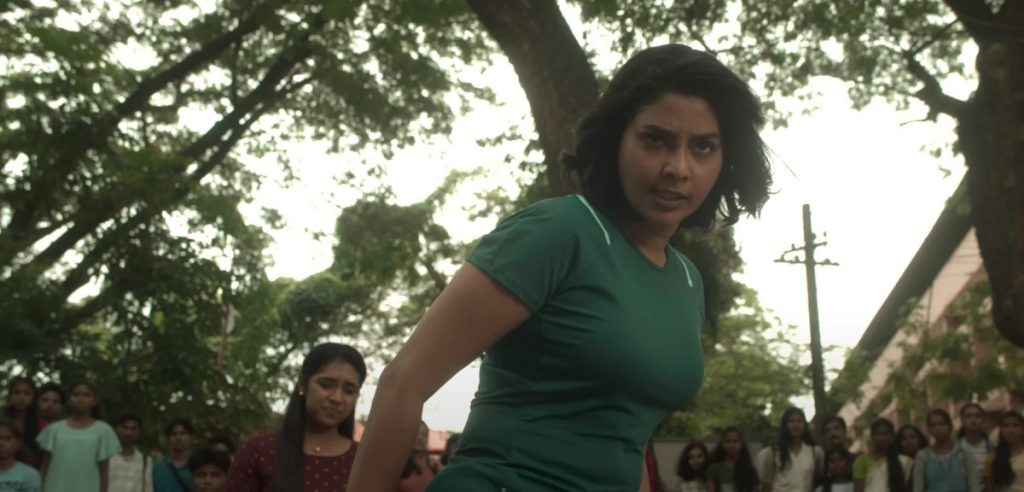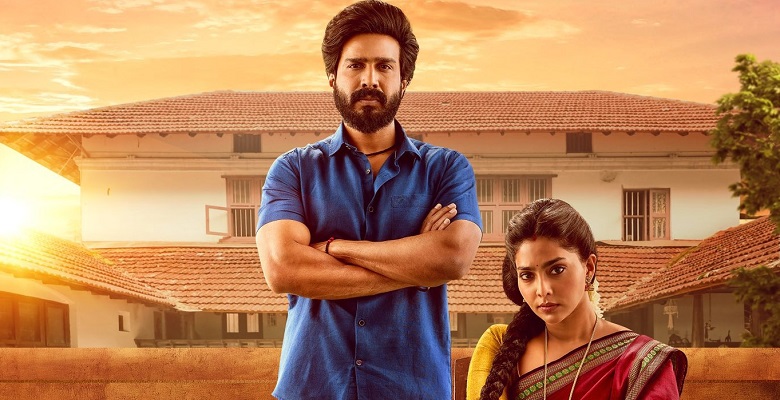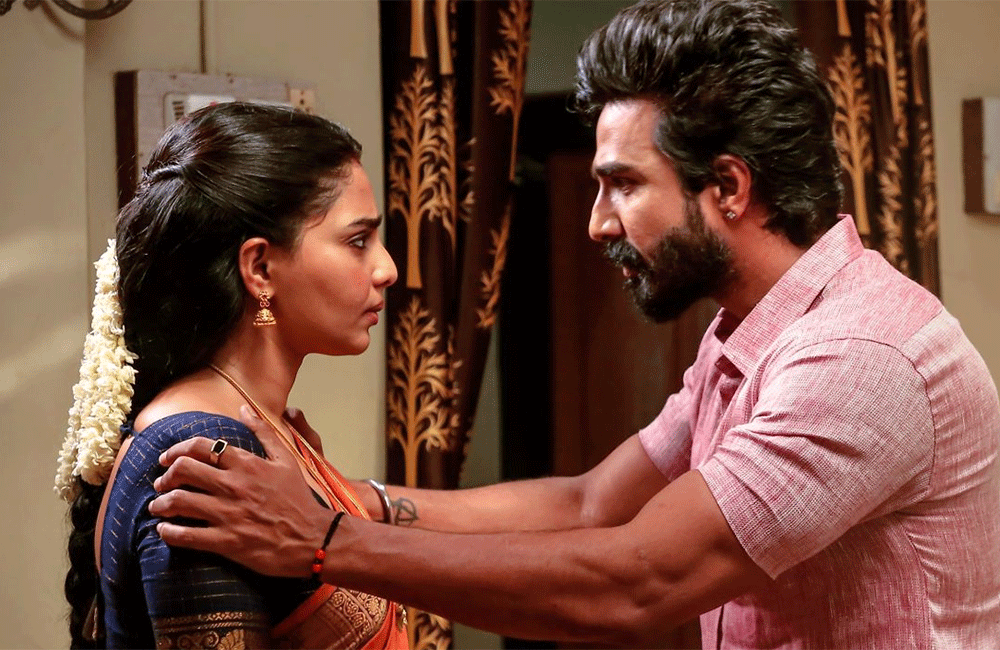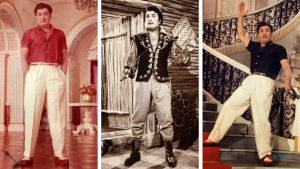REVIEW: Gatta Kusthi – Yet again, a refreshing idea is undermined by the compromises made for stereotyped heroes.

The movie started out quite well, with signs of bringing forth yet another strong woman-empowering movie, or at least doing so in a lighthearted manner. We have optimism that Keerthi, performed by Aishwarya Lekshmi, would be something distinct from other hero-centric movies because of the lengthy introduction to her passion and aspiration for “Kusthi,” a traditional wrestling sport. The hero is then quickly introduced, followed by a routine dance sequence. The main character, “Keerthi,” gradually retreats when the male protagonist enters the scene and does what men typically do, which is “Allowing” spouses to pursue their ambitions.

Undoubtedly, the movie has some enjoyable, original moments. It also makes an effort to break stereotypes by emphasising the female lead, going so far as to give her a large-scale action sequence during the intermission. There are scenes for the heroine that are novel because they are often reserved for the hero. However, a certain amount of insecurity pushes the strong female character back to a stereotypical housewife who makes sacrifices for her family. The attention returns to Vishnu Vishal as Veera the moment we start to admire him for playing second fiddle. The idea of a literal face-off between the hero and heroine, which raises a lot of anticipation for the rest of the plot, is the most intriguing component of the movie. Instead, we see Keerthi’s character deteriorate over time, culminating in a predictable and depressing denouement. Like how many times would we see a female character is weakened by her pregnancy?

The stereotypes that permeate every character in Gatta Kusthi is another issue. All the men in the movie share similar traits and are indistinguishable from one another. Aishwarya Lekshmi did a great job, particularly with the work she put into the Kusthi sequences. Other famous characters who stood out for their performances are scarce. The dialogue used to explain the attitude of males, especially that of Karunas, is extremely tiresome, and the attempts to make the audience laugh by comparing men and women never succeeded.
Why does the hero feel guilty about battling a woman and prefer to fight a male while you are promoting such a positive message for the public about woman empowerment? I would have loved to see a more resilient Keerthi, one who is not swayed by the sentiments of a traditional housewife or family but instead fights fiercely for her respect.
Author Profile
-
Talk to me about your favourites and know the Unnoticed.
This is Madhan Ranganathan (a) Felix Kingsley - Behind the Mirrors
Latest Articles
 Reviews2023.02.08Michael – One of the most cooked recipes, ends up flavourless
Reviews2023.02.08Michael – One of the most cooked recipes, ends up flavourless Reviews2022.12.25REVIEW: Connect – Successful in recreating the “Hollywood” horror but lacks content
Reviews2022.12.25REVIEW: Connect – Successful in recreating the “Hollywood” horror but lacks content Reviews2022.12.25REVIEW: Laththi – A refreshing storyline falling prey to the usual mass hero’s heroics
Reviews2022.12.25REVIEW: Laththi – A refreshing storyline falling prey to the usual mass hero’s heroics Reviews2022.12.13REVIEW: Varalaru Mukkiyam – A plot in the name of ‘Just for fun’ is loosely written and executed
Reviews2022.12.13REVIEW: Varalaru Mukkiyam – A plot in the name of ‘Just for fun’ is loosely written and executed















